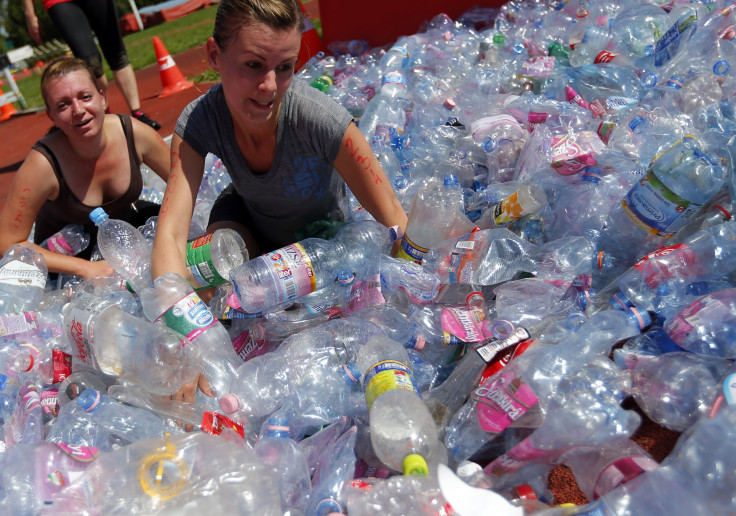Edible water bottle made from seaweed earns EU sustainability award

A biodegradable alternative to plastic water bottles made from seaweed has earned a joint award from a European competition for new, more sustainable products. The plastic packaging was dubbed as a “man-made fruit” for its harmless parts that people can eat.
The new form of water packaging, called Ooho, was made biodegradable and hygienic that its makers call it “water you can eat.” The product was made from a seaweed substance called sodium alginate and calcium chloride.
The Ooho packaging won the joint award with the Alchemie Technologie, which has developed a new digital way of dying clothes in a selective process. The product has features similar to an industrial inkjet printer that could replace the full process being used today, consuming vast quantities of chemicals, water and heat.
The EU body, Climate KIC, created by the European Institute of Innovation and Technology, organised the competition, and has granted €20,000 of investment for each of the winning companies. The Climate KIC is the European body assigned to lead the transformation to a sustainable economy.
“[Ooho] is a good replacement packaging that would be really widely applicable across lots of different products. The potential for packaging reduction is really high for one of the petroleum products used across the world,” Ian Ellerington, Director of Science and Innovation at the UK Department of Energy and Climate Change and one of the judges, told the Guardian.
Ooho designer Pierre Paslier said that “people are really enthusiastic about the fact that you can create a material for packaging matter that is so harmless that you can eat it.” But he added that “at the end of the day you don’t have to eat it.”
Entries from other finalists were also presented on Wednesday at the Science Museum in London, including a technology using bio tanks to create paper from waste straw instead of trees, a water purifier that takes energy from solar panels, and an index for investors to track their financial exposure to carbon.
The clean technologies goal of EU has been attracting more investors, with the global market increasing to 16 percent, or about £205 billion, in 2014. In June, Bill Gates has promised to invest $2 billion in breakthrough renewable technologies.
Contact the writer at feedback@ibtimes.com.au or tell us what you think below





















